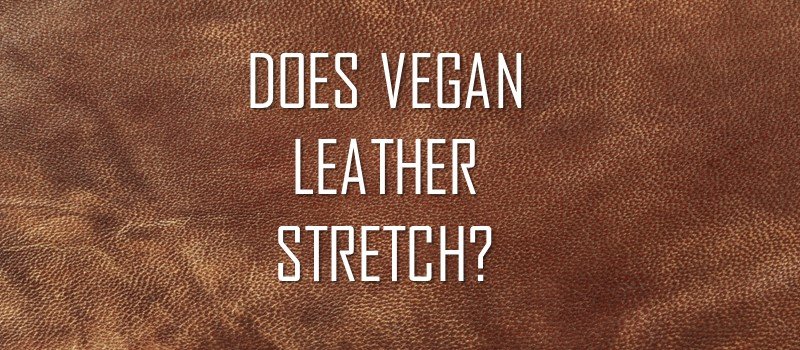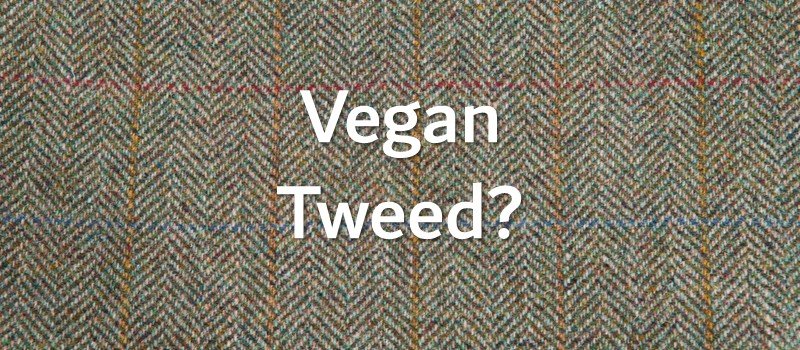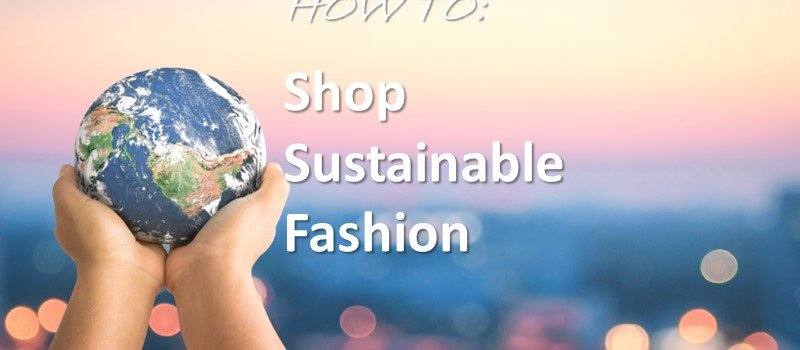Occasionally referred to in fashion circles as California Cashmere, bamboo suits are a useful alternative to cashmere for people looking for 4-season attire. But the real question is: bamboo suits – are they worth it? Through this article, we aim to answer this and other related questions for you.
What is a Bamboo Suit?
A bamboo suit is produced using fiber from the bamboo plant (bamboo is a plant, not a tree).
For vegans who are interested in avoiding fabrics like wool from sheep, or cashmere, then the bamboo plant transformed into a fabric is an intriguing option.
Check out this article for non-vegan clothing you should be avoided if you are wanting to live a vegan lifestyle.
We’re certainly beginning to see more objects being sold made from bamboo due to its incredible strength even in a small form, but turned into a piece of fabric for clothing?
Wow, ok… That’s kind of new.
The fabric is soft and produces a sheen that appears luxurious and novel, whilst accepting different color dyes well. It also allows for many textured patterns ideal for suit fabric designs, meaning they can be classic and sharp or colorful and fun.
The drape and movement while wearing a bamboo suit look and feel natural too. When wanting a comparison about what to expect, a similar appearance is a linen suit, rather than a stiffer wool one for winter.
Bamboo suits make for excellent semi-formal suits for any occasion, but perhaps are outstanding in a social setting.
How are Bamboo Suits Made?
First, the bamboo textile material must be produced.
It’s useful to first understand that:
Bamboo grows to full height in as little as three years and certainly in five. Shoots pop out of the ground annually, so the plant needs little cultivational effort for growers.
There are numerous different species of bamboo. So not only does it grow in abundance, but it also provides a number of different options for manufacturers.
The plant is processed in a couple of different ways to create the textile to produce suits and other bamboo clothing. Either chemically or mechanically.
Mechanical Process to Produce the Fabric
The mechanical process is easier to understand. The bamboo plant is crushed with natural enzymes added to soften the walls of the bamboo plant. Eventually, this results in a mush-like substance.
The bamboo natural fibers are then removed through combing.
The yarn is then spun together, turning bamboo into textile fibers. This will be familiar to anyone who’s previously seen other types of fabric production.
The process takes time, delivers small amounts of bamboo yarn, requires considerable labor, and is costly to do.
This is why it is the less common process today to produce bamboo fabric for a suit. However, it is organic and should be considered vegan too.
Chemical Process to Produce the Fabric
The chemical process has similarities with rayon which is derived from cotton or wood products.
The most common chemical process is to cook the shoots and leaves from the bamboo plant. Chemicals such as carbon disulfide are utilized. The process results in a liquid, that is then run through a spinneret. After that, a sulfuric acid bath strengthens the fiber strands. Following washing and initial bleaching to create rayon yarn, it is color dyed.
Finally, the rayon is woven to create the final material.
There have been some controversies in North America over chemically produced yarn originating from bamboo. For example, in Canada, bamboo must be labeled as “Rayon from Bamboo” when it’s used in a chemical process resulting in Rayon yarn.
This distinguishes it from the manual process where bamboo fibers are directly extracted.
Therefore, a bamboo suit may be made from bamboo fiber produced manually or from Rayon yarn originating from the bamboo plant.
What Goes into Making a Bamboo Suit?
Bamboo fabric is available in a wide range of colors and styles. This is similar to other fabrics where a tailor will have racks of different rolled-up fabrics to feel and choose from.
Typically, a suit of this type has softer, relaxed shoulders rather than the thick, heavy, and well-defined shoulders of a business suit. If you think “like linen suits,” then you have the right idea.
Commonly, the design style is a single button at the front, peak lapels sitting wide, with piped pockets and lined internally for warmth and comfort.
Additionally, some people looking to make it a bit more formal enjoy wearing a bamboo vest with a three-button arrangement too, so you do not have to give up your three-piece suit.
Bamboo suits can be made in a factory or produced by hand by a tailor using ordered fabric. The tailor would order the bamboo or rayon from bamboo fabric from a fabric supplier much as they do for other suit materials.
Are Bamboo Suits Vegan?
Much is made of the plant-based aspect of bamboo suits (and any other product made from a bamboo source). Because bamboo is clarified as a plant, not a tree, it falls under the plant-based moniker that’s presently extremely popular.
What Makes a Suit Not Vegan?
The material used to complete a bamboo suit is usually not obtained mechanically, but from a chemical process. In this case, various chemicals treat the plant until it eventually becomes a type of fiber that’s usable as a fabric to make garments.
Because of the use of chemicals in this process, a bamboo suit likely wouldn’t be called a vegan product.
However, when the bamboo fiber is produced mechanically, then a reasonable case can be made to say that it’s both plant-based and vegan. Furthermore, the fibers are extracted from it through the introduction of natural enzymes.
Also, for purists, this is the real bamboo material unlike most of the chemically derived bamboo fabric that’s rayon, not bamboo per se.
Are Bamboo Suits Good for The Environment?
The truth here is that it depends on how well the plant is managed. There is a potential environmental issue plus one for workers’ safety too.
Workers’ Safety
The use of chemicals such as sodium hydroxide, sulfuric acid, and others is concerning.
Some of these should they touch the skin or splash into an eye can irritate. Also, exposure to some of the harsher chemicals has been known to cause long-term health issues such as respiratory difficulties.
The Environment
Given the risks of the chemicals used to produce rayon from bamboo, these must be managed to avoid any of the substances escaping the confines of the factory.
There have been enough accidental chemical releases and corporate cover-ups to be skeptical about corporations being good stewards here. However, safety certifications go a long way toward addressing that…
Safety Certifications
A couple of safety certifications are good to know about for textile manufacturers.
The first is the Oeko Tex Standard 100. This confirms that nasty chemicals aren’t still present in the final product. However, it doesn’t mean that no chemicals were used in the production process.
The second is ISO 14001 relating to environmental systems in place at the corporation level. Follow-up inspections after the certification were issued confirming that necessary standards are being maintained.
Sustainability
It could be argued that the use of bamboo is sustainable due to how quickly the plant grows.
Are Bamboo Suits Comfy?
Bamboo suits are extremely comfortable to wear. This is one of the main attractions of them.
The fabric is soft, rather than coarse or rough to the touch. You know that you’re wearing a plant-based suit fabric when wearing one that day. It is also something that few people will be able to wear due to the cost of it.
How Much does a Bamboo Suit Cost?
Bamboo suits are uncommon.
Even when using the chemical process to produce the textile, the suits are largely made-to-measure by bespoke tailors rather than something you see in a large fashion retailer.
Due to the cost of the fabric, it doesn’t make great sense to produce finished suits in various sizes and pant lengths due to the cost involved. This keeps these types of suits out of most big clothing retailers.
Many bespoke bamboo suits cost $2,500 to $3,500 for each completed suit. This does not usually include a spare pair of pants, so one can be washed while the other is worn. Therefore, it is still a luxury purchase by people with a budget for less common suit fabrics and bespoke tailoring.




